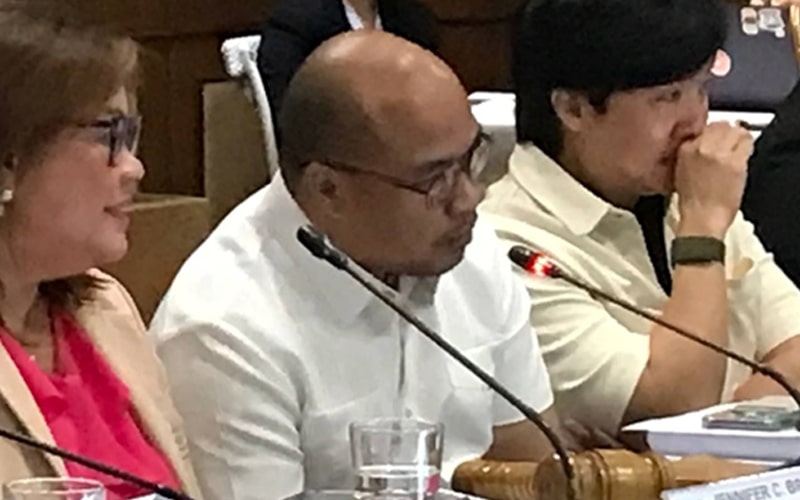
CORTES, Bohol (PIA)—Amidst issues of expensive costs, turtle paced internet speed and limited coverage, the Regional Development Council in Region 7, tackles the proposed Open Access in Data Transmission Bill, which would iron out the country’s telecommunication woes and preposition the digital infrastructure for the region’s internet-reliant businesses.
Now keeping the telecommunication sector tied to the ground are issues that hamper the country’s dream of merging into the fast-paced traffic of the competitive world of digital communications and technology.
The Philippines is the only remaining country that requires a legislative franchise for the set-up of a telecommunications or data transmission entity, the RDC, through its chair and Bohol Governor Erico Aristotle Aumentado said.
The legislative franchise requirement makes the entry of potential telecommunications players difficult.
And with the tele-communications sector ruled by very few companies who own and operate its network infrastructure, new players would need to negotiate with the ruling telcos to access their facilities, and without a framework of infrastructure sharing, it becomes doubly hard to find new investors.
Finally, without regulatory framework for broad spectrum management, giant telcos control the spectrum making it harder for new players to come in.
With this, the Open Access in Data Transmission Act, or Konektadong Pinoy Bill, which passed by the House of Representatives on third reading and is pending at the Senate for second reading, introduces reforms in the telecommunications sector.
Specifically, the Konektadong Pinoy Bill proposes to streamline procedures for market entry, makes more efficient use of spectrum resources, improves access to facilities, mandates infrastructure sharing and strengthens enforcement mechanisms that boil to the benefit of the Filipinos.
Presented to lobby for RDC support for the enactment of the bill, the proposal would bring down the costs of mobile and broadband internet. By so doing, it brings more efficient business operations with savings that the consumers can share.
For the RDC chair, Aumentado commented that by improving competition, it can attract more players with investments, which can lead to more jobs, improve the economy by offering more options, for an increase in the country’s gross domestic product.
On the industry side, the bill, when passed into law, can enhance connectivity which leads to more productivity, thus better wages, which in turn improves the economic status of a vast base of the population.
Aumentado also pointed out that the Bill, supports the RDC programs objectives of enhanced physical digital infrastructure, improved marketing support for established businesses, modernizes the digital infrastructure and attracts more investments in access to the digital technologies.
To this, the RDC-7 resolved to air its support to the reforms to be instituted in the bill, and requests other key development groups to support for its immediate passage.
As governor too, Aumentado hopes with the RDC-7 support for the passage of the Bill, and with other regional development councils in the country following suit, they can pressure the senate to act for access to cheaper telecommunications services, fast. (RAHC/PIABohol)



